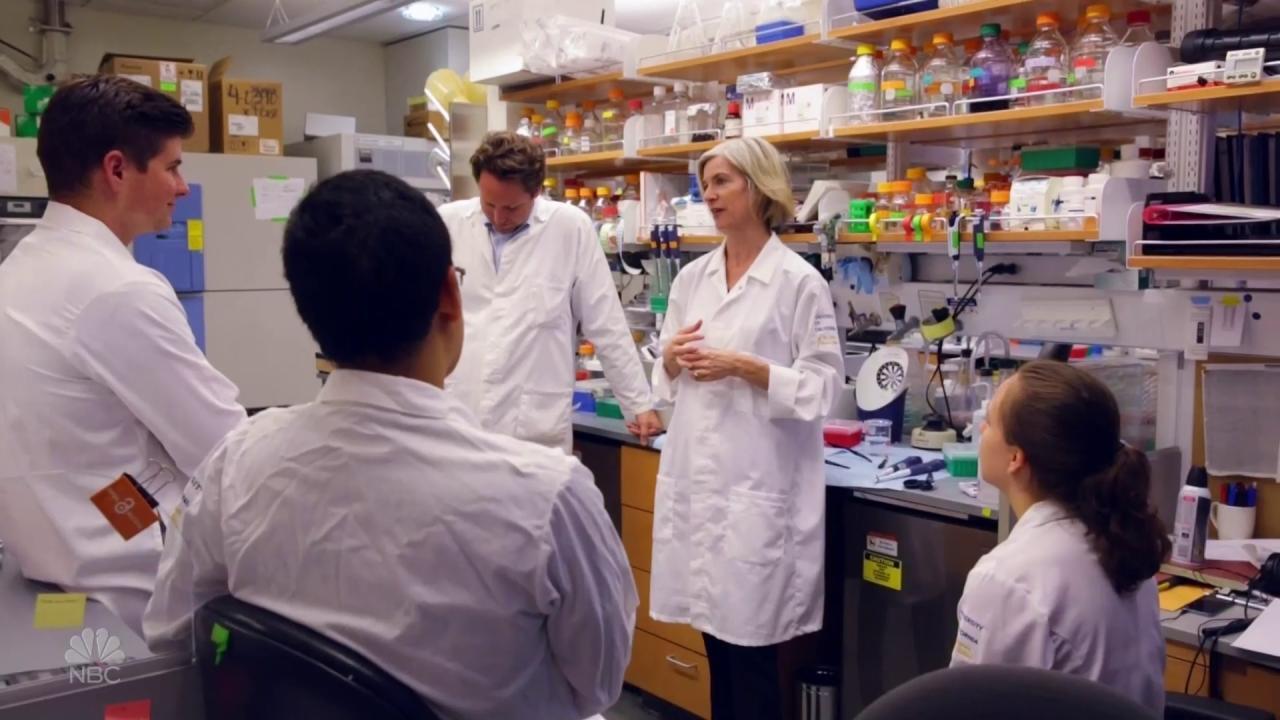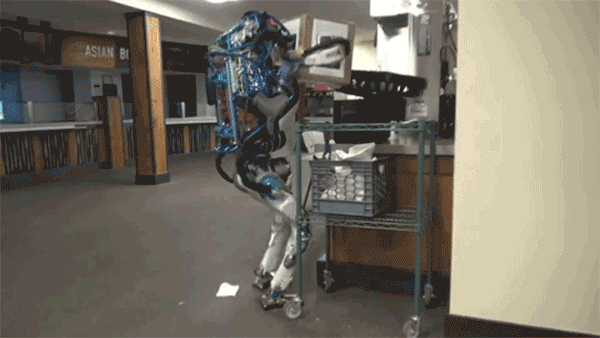Page 9937
Aug 15, 2017
The Government Must Review What Bioresearch Journals Publish
Posted by John Gallagher in categories: biotech/medical, government, health, internet, security, terrorism
It’s getting too easy to create dangerous viruses. The upcoming national biodefense strategy should ensure that scientific journals don’t help terrorists learn how.
The news that researchers have recreated an extinct cousin to the smallpox virus using only commercially available technology and items purchased over the Internet renews concerns that bioterrorists could do the same if detailed information about the methods were published. Here’s the problem: scientific journals are geared toward publication, often without sufficient understanding of the public-security risks. We need a better system to ensure that information that could help bad actors stays unpublished.
It took David Evans’ team of scientists at the University of Alberta in Edmonton, Canada, about six months and $100,000 to recreate the horsepox virus, a close relative of the smallpox virus that killed perhaps 300 million people in the 20th century before it was eradicated in 1980. In a summary of the research, the World Health Advisory Committee on Variola Virus Research wrote that “recreation of such viral genomes did not require exceptional biochemical knowledge or skills, significant funds, or significant time.”
Continue reading “The Government Must Review What Bioresearch Journals Publish” »
Aug 15, 2017
Edinburgh University scientists find 91 volcanoes under Antarctic ice
Posted by John Gallagher in category: futurism

A team of scientists unearthed a volcanic region previously hidden under ice sheets, with the geologist who led the team warning of destabilising consequences.
Edinburgh University researchers uncovered almost 100 volcanoes – with the highest almost as tall as Switzerland’s 3,970-metre Eiger.
Continue reading “Edinburgh University scientists find 91 volcanoes under Antarctic ice” »
Aug 15, 2017
This gene-editing breakthrough could change life on Earth
Posted by Dan Kummer in categories: biotech/medical, evolution, genetics
One of the scientists behind CRISPR discusses the daunting responsibility of altering evolution.
Aug 15, 2017
9 Proofs You Can Improve Your Brain Power
Posted by Müslüm Yildiz in categories: biotech/medical, neuroscience

The human brain is probably the most mysterious organ in our body, scientists keep learning new facts about its work, but it still hides lots of secrets. There are a few simple ways to boost your intellect and improve your brain power and they will surely surprise you!
Aug 15, 2017
Future of Food | San Francisco Chronicle
Posted by Odette Bohr Dienel in categories: food, futurism
“Tracing the next generation of farms, restaurants and kitchens in the Bay Area and beyond”
Aug 15, 2017
6 ways to make sure AI creates jobs for all and not the few — By Stephane Kasriel | World Economic Forum
Posted by Odette Bohr Dienel in categories: futurism, robotics/AI
“If, as The Wall Street Journal suggests, we think of AI as a technology that predicts, it’s much easier to map its impact. We must push ourselves to do that and understand the future of work.”
Aug 15, 2017
Rethinking Innovation and Scale | Stanford Social Innovation Review
Posted by Odette Bohr Dienel in categories: governance, innovation

“An organization, and ultimately its impact, can be fundamentally defined by how it manages the dual challenge of innovating and building on its existing strengths, or ‘scaling’ as Johanna Mair and Christian Seelos suggest in their new book, Innovation and Scaling for Impact.”
Aug 15, 2017
Massachusetts takes on leadership role with new greenhouse gas-cutting regulations — By Mark Hand | ThinkProgress
Posted by Odette Bohr Dienel in categories: environmental, governance, government
Aug 15, 2017
Falling Robots Are Funny, but That’s How They’ll Learn to Take Your Job
Posted by Dan Kummer in categories: employment, robotics/AI
New clip of ATLAS, having some problems but interesting to see.
If at first you don’t succeed, try again—and, if you’re a robot, again and again and again and again and again and again. Because it’s worth remembering that unlike many humans, automatons will keep at a task until they do achieve success.
This GIF of Boston Dynamics’s Atlas robot taking a tumble, sliced from a TED talk published Monday, has gone viral. Presumably, that’s because when humans aren’t fretting about how they’ll steal our jobs, we sure do seem to enjoy laughing at robots falling over.
Continue reading “Falling Robots Are Funny, but That’s How They’ll Learn to Take Your Job” »















